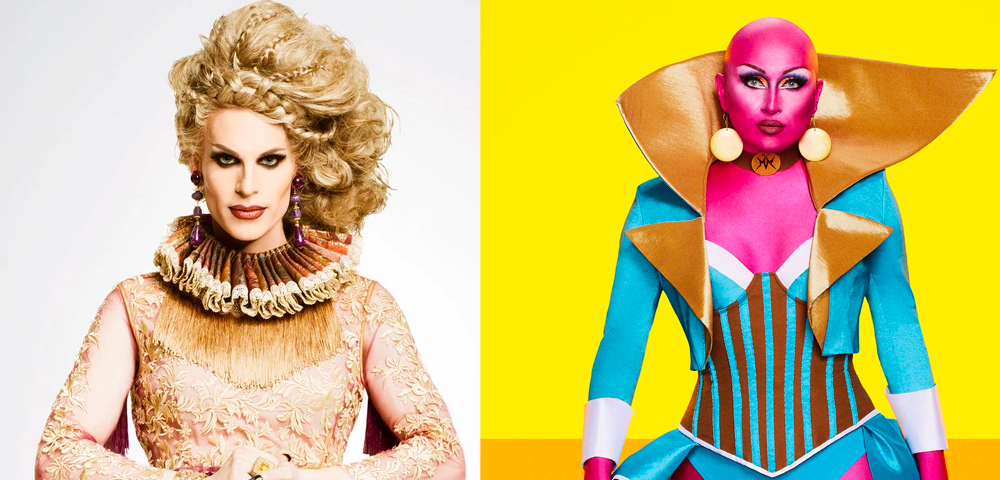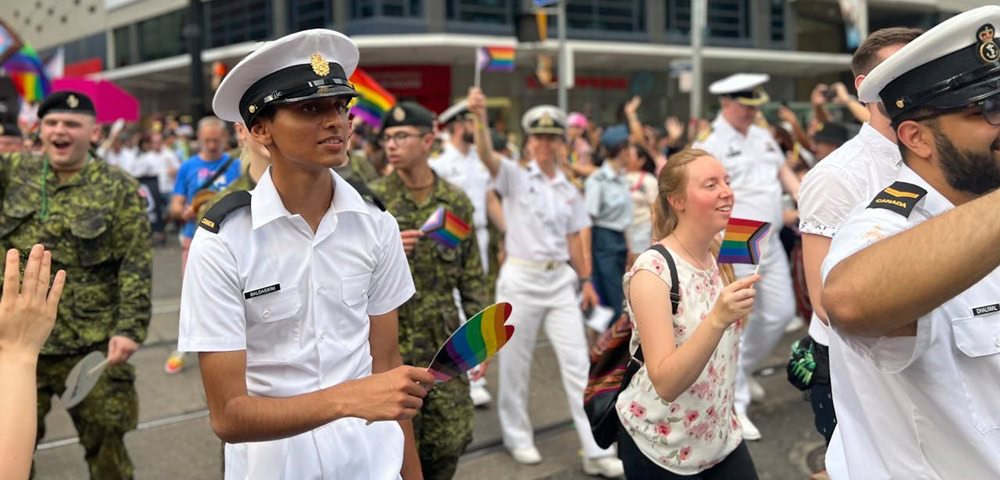
Cancer Council targets LGBTI

THE Cancer Council is introducing greater support for LGBTI people in response to evidence of higher rates of cancer among LGBTI populations.
The organisation believes LGBTI people may form a higher risk group for cancers than in other populations. This has been linked or connected to high levels of alcohol consumption and cigarette smoking. Experiences of discrimination, stigma and violence also increased the risk of the use and misuse of alcohol, tobacco and other drugs.
Evidence also suggests that lesbian and bisexual women and some trans men may be at increased risk of ovarian and cervical cancers, and that lesbian and bisexual women may have higher risks of breast cancer than heterosexual women. Gay and bisexual men and some trans women may be at higher risk of anal and prostate cancers.
According to figures from the Kirby Institute, it is estimated that 64 per cent of gay men have human papillomavirus (HPV), which causes more than 80 per cent of anal cancer cases.
Cancer Council NSW’s Susan Goldie said one of the difficulties in assessing the issues was a lack of data collection – which was even more lacking for transgender and intersex people according to the National LGBTI Health Alliance.
“We still don’t know enough about how many LGB individuals are truly affected, as data on sexual orientation is not routinely collected by cancer registries and this has potentially led to LGB people with cancer being overlooked,” Goldie said.
National LGBTI Health Alliance executive director Rebecca Reynolds said it was encouraging to see specific programs developed to meet the needs of populations across the LGBTI spectrum and to promote regular cancer screening for these populations.
“There is also a need to ensure that data collection systems and services allow intersex, trans* and gender- diverse people to receive the services that they need in a genuinely inclusive and respectful way,” she told the Star Observer.
“Intersex people and their families have reported being pressured to remove healthy gonads based on limited evidence of cancer risk, and the decision-making process is often conflated with the pathologising of the person’s intersex status itself.
Comprehensive follow-up information is needed to ensure that intersex people and their families are not pressured into unnecessary surgery due to inflated estimates of cancer.
“To address these problems, we recommend that all government- funded cancer research include LGBTI demographic questions that have been developed through community consultation and to work with our communities to establish appropriate national population-based research to evaluate LGBTI people’s cancer risks and cancer-related care and support needs.”
The Cancer Council is currently supporting better research into the incidence of cancer for LGBTI individuals and LGBTI specific risk factors; providing better information for LGBTI individuals with cancer and their families and friends as well as developing supportive care services specifically for LGBTI individuals with cancer.
The Cancer Council also runs the C Word support group in Sydney which is aimed at same-sex attracted women diagnosed with any cancer and their partners.
INFO: For more information on the C Word, contact Sally Carveth from Cancer Council NSW on (02) 9334 1846 or email sallyc@nswcc.org.au or visit www.cancercouncil.com.au
INFO: Contact the National LGBTI Health Alliance on (02) 8568 1120 or visit www.lgbthealth.org.au









